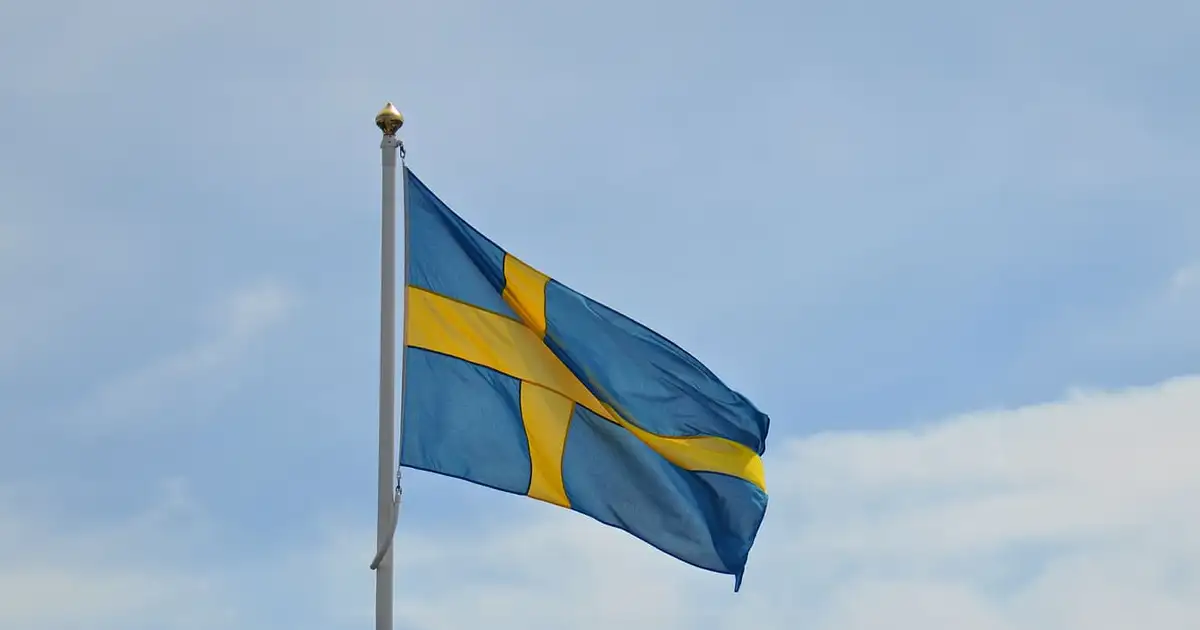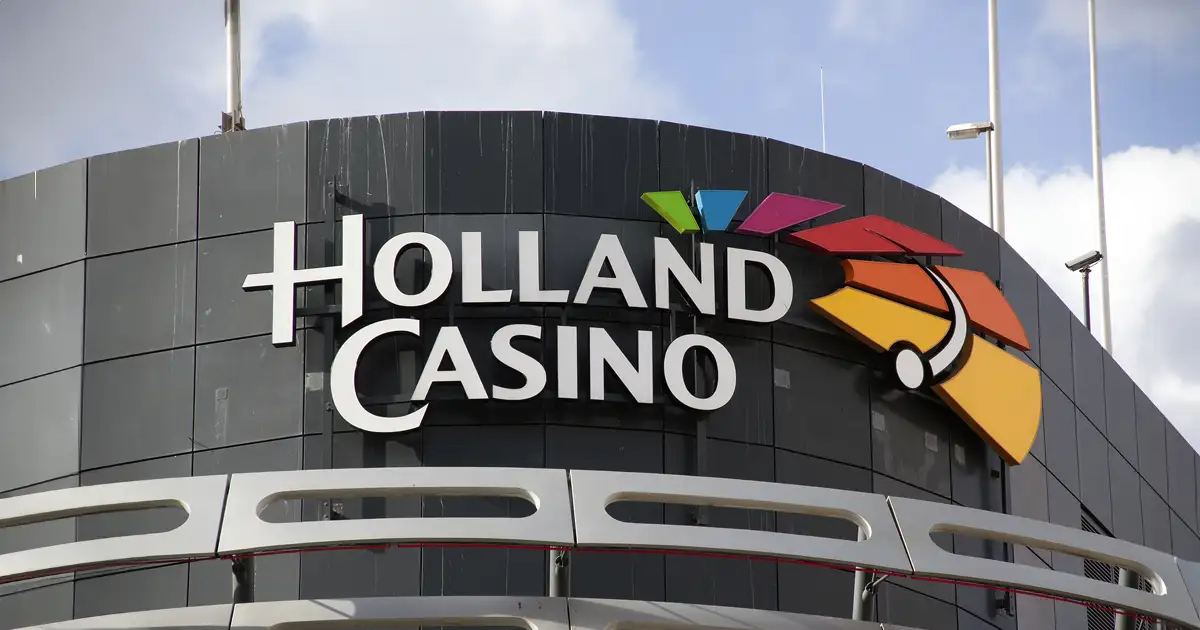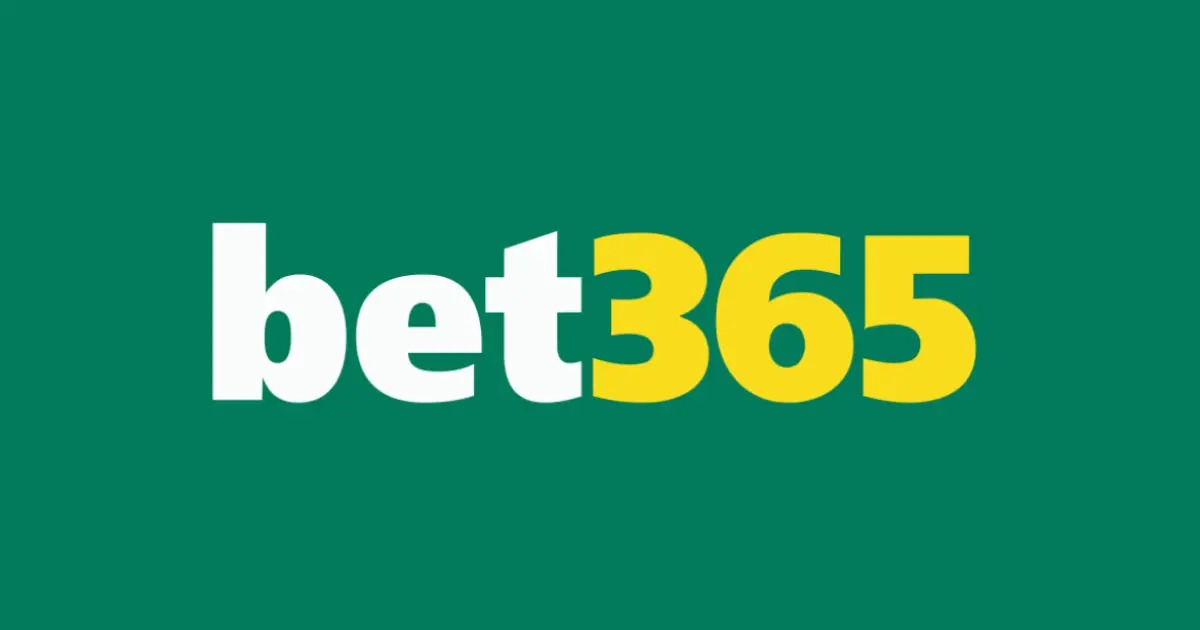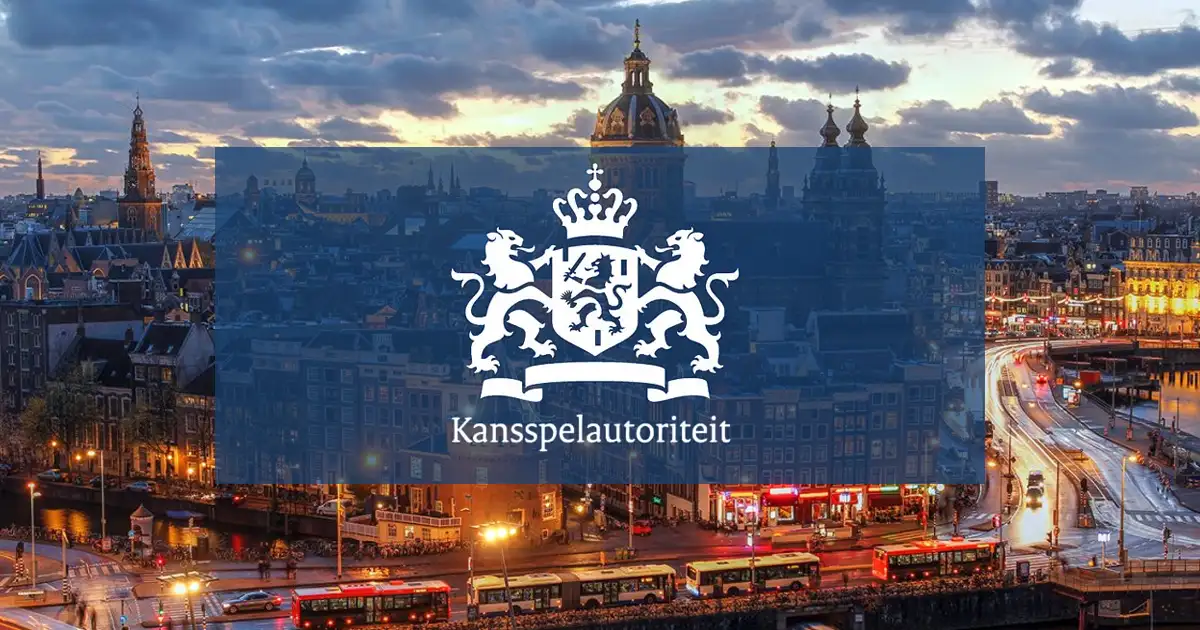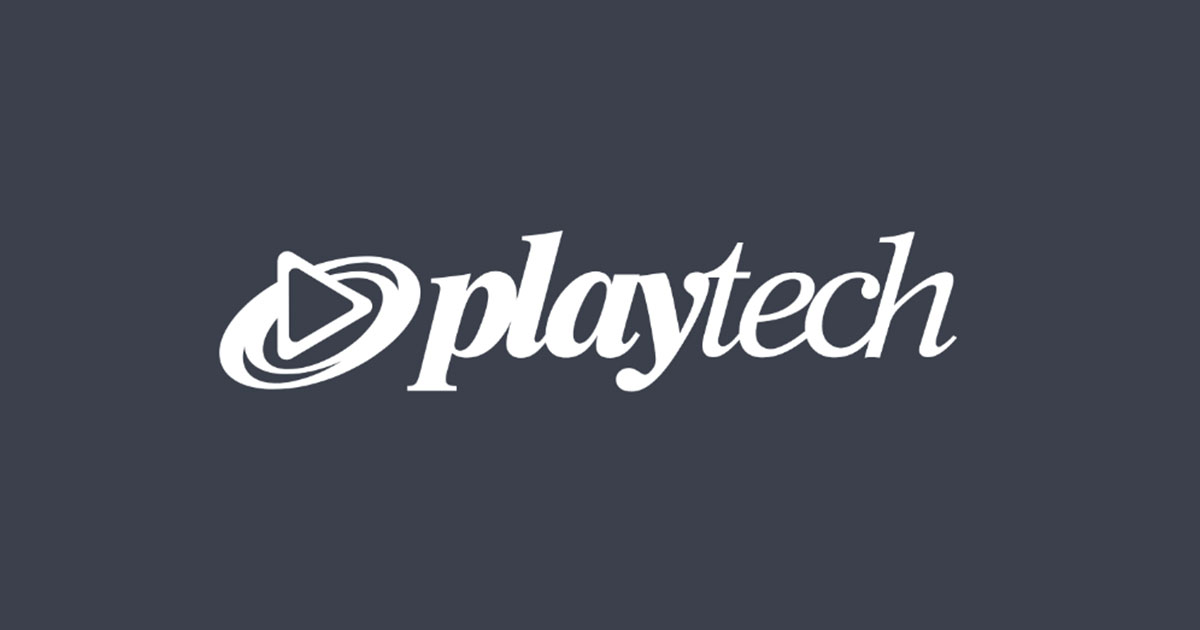Playtech undervalued: hidden value ignored
Playtech undervalued: hidden value ignored
At a time when the world of online gambling technology is being rocked by high-profile disputes, one major question is dividing investors and experts alike: does Playtech’s valuation really reflect its fundamental strength?
Litigation overshadows financial reality
In 2021, a court application highlighted a complex legal battle between Swedish supplier Evolution and Playtech, a British online gaming technology giant. Playtech is accused of funding and commissioning a report allegedly designed to discredit Evolution with regulators. Evolution claims that the report contained false allegations, including that its products were available in markets where they were banned, causing significant financial damage.
These revelations had an immediate impact on the markets. In October 2025, Playtech’s share price fell drastically, before partially rebounding following an official response from the company denying any misconduct. Yet despite this rebound, volatility persists: legal uncertainty remains a dominant factor in investor perception.
More recently, a judge in New Jersey ruled on one part of the case without imposing any additional sanctions against investigator Black Cube, who was involved in producing the controversial report. This decision confirmed that the case will not be decided quickly and could drag on for several years if an agreement is not reached between the parties.
Diversification overlooked by the market?
In the face of the legal tumult, several voices in the financial world are urging investors to look beyond the headlines of a legal battle. According to an analysis taken up by Peel Hunt, an influential investment bank, Playtech does not limit itself to its games technology: the company has a diversified portfolio of investments in several sectors.
Among the assets highlighted by analysts is a 30.8% stake in Caliente Interactive, Mexico’s leading online betting and gaming operator, currently valued at several hundred million euros. Playtech also owns almost 49% of LSports, a major player in sports data and content for sports betting.
These investments, which have appreciated in value over the long term, could provide a significant cushion against the current turbulence, according to some experts.
Investors’ and analysts’ views
Despite these arguments, the market remains cautious. Share valuations reflect not only economic fundamentals, but also reputational risks and potential legal consequences. Some major brokerage firms have adjusted their recommendations to take account of these risks, going so far as to revise their price targets for the share downwards.
The experts at Peel Hunt, however, are more optimistic. They believe that even if Playtech were to face a significant financial loss, the intrinsic value of the group’s assets would justify a price level well above that currently observed. They believe that the market is overstating the implications of the lawsuit, making Playtech a potential opportunity for patient investors.
In short, Playtech’s recent story is one of a battle on two fronts: on the one hand, a legal dispute that is capturing all the attention and tending to cause investor confidence to fluctuate; on the other, structuring assets and strategic diversification that could underestimate the company’s true value over the long term.







